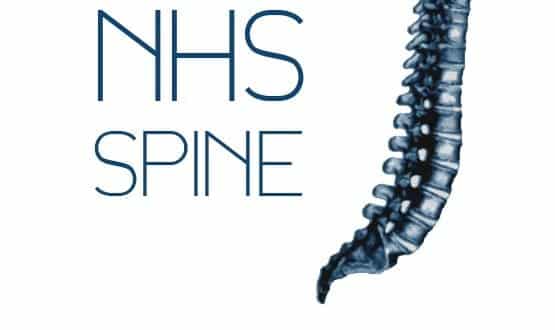Choose to stay
- 8 November 2005
 Ewan Davis
Ewan Davis
Chair, Primary Health Care Specialist Group
British Computer Society
Whatever the merits of the current leading systems used by GP practices in England, none of them are sufficiently better than any other to justify the cost and disruption of moving between them. The best advice for most practices remains that they should stay with their existing practice-based system.
However many practices are under pressure from PCTs to move to LSP-provided systems. This is driven in significant part by the savings PCTs believe they will make from such transfers.
Yet, system moves have a direct financial impact on practices. Additional cost and lost income are extremely unlikely to be met by PCTs and certainly will not be met by the National Programme for IT (NPfIT).
Typically, these are going to be more that the cost of upgrading ageing hardware to enable practices to stay with their current system. PCTs are in effect asking practices to bear significant costs so they can make a smaller saving, and in the final analysis it would be much cheaper for practices to buy essential hardware upgrades themselves. Bearing costs is certainly not something practices should have to do, and is a breach by PCTs of their obligations under the GMS contract.
System moves have other impacts in terms of patient safety, practice efficiency, and stress on members of the practice team. These are difficult to quantify in financial terms, but are such that any system change has to hold out the promise of a significant upside to be justified. Such an upside is just not there at present.
Hosted vs local
|
"Bearing costs is certainly not something practices should have to do, and is a breach by PCTs of their obligations under the GMS contract" — Ewan Davis, chair of the PHCSG at the British Computer Society
|
Moving to an NPfIT-funded solution may require moving to a hosted system. Personally, I believe that hosted systems are the way forward. But I do not think that we have yet resolved of the issues associated with them to the point where I would wish to see this shift happening on a large scale.
I am also concerned about the emerging line from Connecting for Health that accessing the NPfIT services means moving to hosted systems. In reality, most of the progress that NPfIT has made in primary care (QMAS, Choose & Book and Electronic Transmission of Prescriptions) has been with practice-based systems. And there is no reason why this approach should not continue.
Compliant practice-based systems are also equally capable of delivering GP2GP record transfers and the proposed spine summary record. Yet I have heard suggestions that these services might only be available to those using LSP-hosted systems.
In general, practices should stay where they are. Only those who are offered a move from the practice-based version of a system to the same system in a data centre might wish to consider the option seriously. Yet they should still seek assurances that the functionality, flexibility and reliability of the hosted solution is better than that offered by a practice-based solution. Currently the option to switch from practice-based to hosted solutions is only available to current PCS, Vision and Synergy users (in this context System 6000 should be treated as a version on Synergy).
For those practices who opt to stay with their existing, practice-based solutions, pressure needs to be applied to ensure the modest funding to achieve this is available.
Ewan Davis
Chair, PHCSG
Links
Primary Health Care Specialist Group




